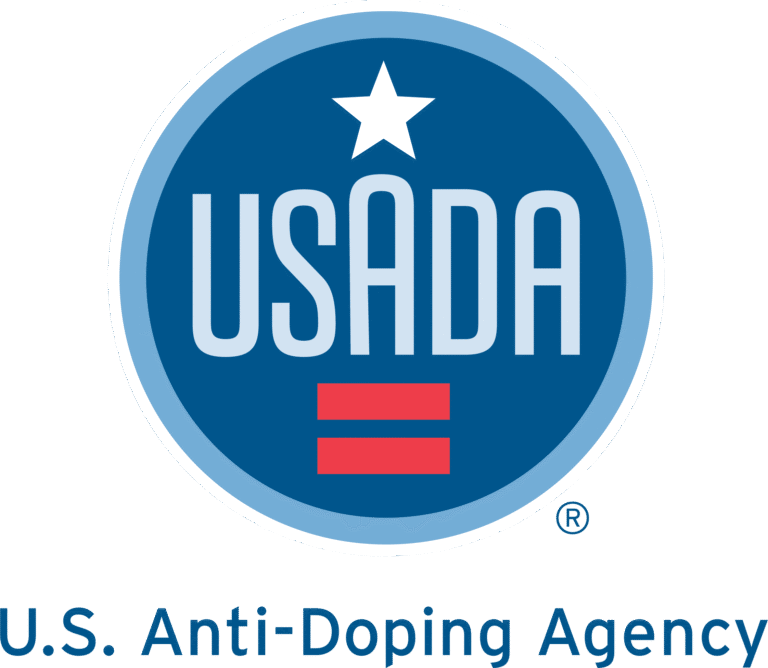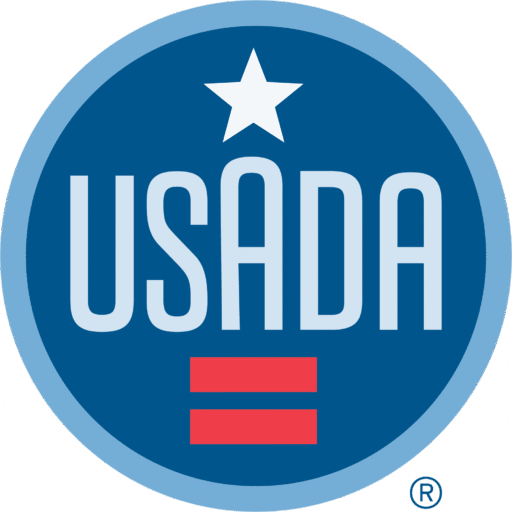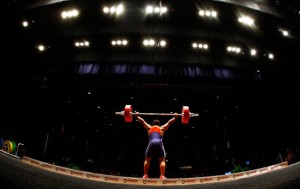- Global anti-doping leaders recognise steps for reform made by new WADA President, and hope to partner with WADA leaders to align with athletes by going “further and faster” for an independent and strong WADA;

- Four years since anti-doping leaders set the agenda for anti-doping reform following the Russian Doping Scandal by publishing The Copenhagen Declaration, leaders say that recent events show that pace of change needs to go further and faster;
- Leaders call on WADA as global regulator to conduct a thorough investigation on the recent dismissal of RUSADA Director General, Yuri Ganus, if there has been interference in operational decisions and activities of an independent anti-doping organisations by sport leaders;
- Leaders also discussed the major impact of COVID-19 pandemic on testing programs worldwide and vowed to do everything within their power to ensure this pandemic does not affect clean athlete’s rights leading into next summer’s Tokyo Olympic and Paralympic Games.
In a two-part virtual meeting held this week to mark four years since The Copenhagen Declaration was published in the wake of the McLaren Report detailing Russia state-sponsored doping, international anti-doping leaders renewed their hope and support for the World Anti-Doping Agency (WADA) to go “further and faster with meaningful anti-doping reform.”
WADA President, Witold Banka, was invited to attend and he addressed the group at its opening. Whilst the leaders recognised the first steps for reform made by WADA, they asserted their view that the consensus reached by 17 national anti-doping organisations [in The Copenhagen Declaration] on 30 August 2016 has yet to be implemented, in particular in relation to making WADA stronger and more independent with greater WADA autonomy from the sports movement. The leaders also expressed their view, that, equally important is the need to ensure the involvement of independent athletes and National Anti-Doping Organisations (NADOs) in WADA’s decision-making structures. The athlete and NADO perspective and knowledge will strengthen WADA’s efforts to eliminate doping from sport.
The Copenhagen Declaration, which leaders reiterated their strong support for in this week’s meeting, included proposals for:
- Greater autonomy of WADA and the anti-doping system – particularly with greater independence from sports organisations;
- Improved governance and transparency at WADA;
- Increased encouragement, support, recognition and protection of whistleblowers;
- Support for investigations and adequate sanctioning power;
The international anti-doping leaders also discussed the situation at the Russian Anti-Doping Agency (RUSADA), where the independent external expert hired to oversee RUSADA resigned from the RUSADA Board and who voted against firing the RUSADA Director General. The leaders expressed their concerns that the progress made by RUSADA over the last few years risks being derailed.
“To operate effectively, and to regain the lost trust of recent years, the clean sport movement’s effectiveness requires that anti-doping organisations can operate with full independence and without undue interference as required by the WADA Code,” the leaders said.
“The leaders lend their support to WADA to be strong and firm and to ensure as the Code requires that the full and ongoing independence and autonomy of RUSADA is and should remain a prerequisite for RUSADA’s return to code compliance. The world’s clean athletes need assurance that there is robust, compliant testing in Russia leading into the upcoming Tokyo Olympic and Paralympic Games.”
“Today, therefore, four years on from the Copenhagen Declaration, we make a unanimous stand in calling for WADA to be tough and to send a message by action to the athletes of the world that potential undue interference has no place in modern-day anti-doping.”
Meeting for the second time this year, the leaders discussed the impact that the global pandemic COVID-19 has had on the anti-doping system; not least, the significant decline in testing worldwide.
“The reduced level of testing worldwide [as a result of the COVID-19 pandemic] is immensely frustrating for everyone especially athletes. We understand clean athletes’ concerns, and that’s why, once operations are permitted to fully re-start, we encourage a surge in testing amounts by Anti-Doping Organisations ahead of the postponed Tokyo 2020 Olympic and Paralympic Games. Given the increasingly broad nature of anti-doping strategies – this is a movement that no longer relies solely on testing – the global pandemic does not, and must not, be seen as a ‘free pass to dope,’” they added.
The leaders collectively committed their support to new and innovative ways to complete testing; this includes advocating for Dried Blood Spot (DBS) analysis, which received the endorsement of the WADA President during his opening remarks at the meeting.
This statement is supported by the National Anti-Doping Organisations of Canada, Denmark, Finland, France, Germany, Ireland, Japan, Latvia, Netherlands, New Zealand, Norway, Poland, Sweden, Switzerland, South Africa, the United Kingdom, and the United States.
For more information or media inquiries, click here.








